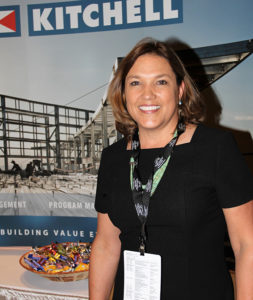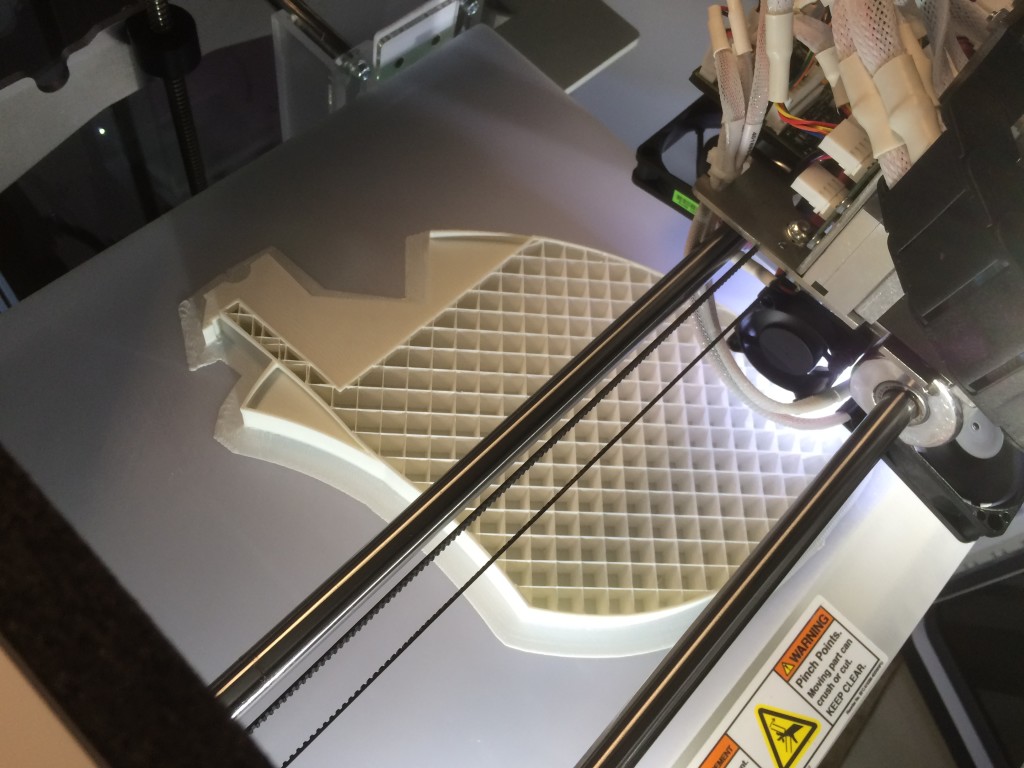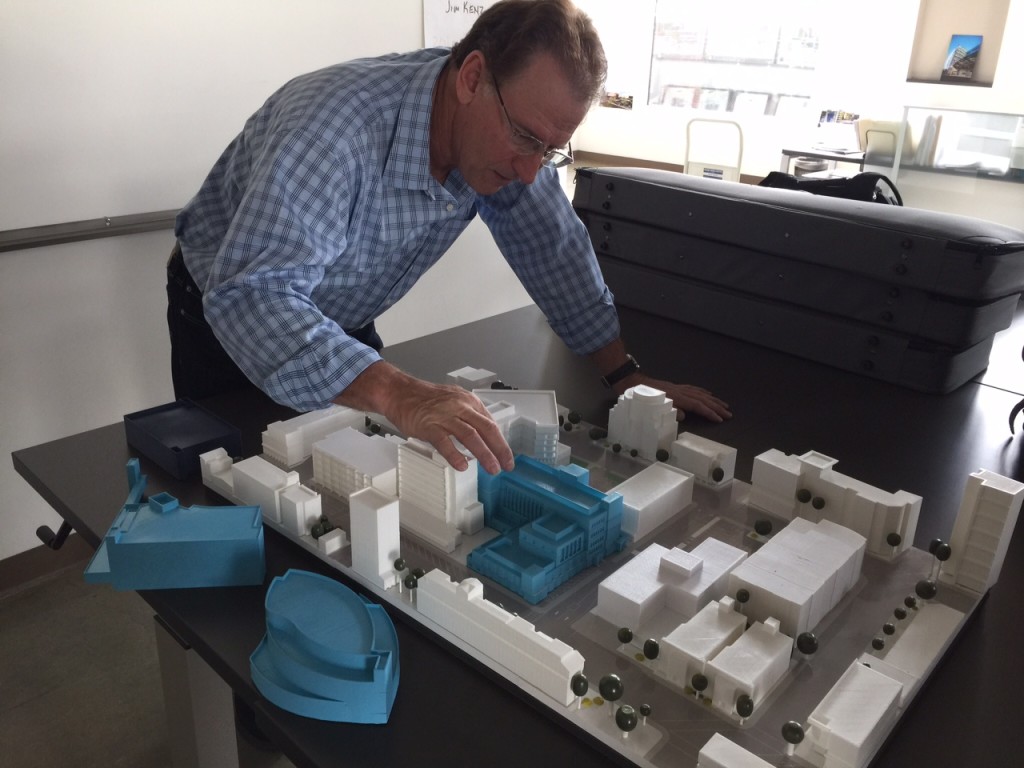Our series shining a light on Kitchell’s employee-owners continues with a conversation with Kari McCormick, one of the country’s leading authorities on construction in Indian Country.
What attracted you to Kitchell when you first joined?
Jeff Begay, now retired, was very influential in my decision to come to Kitchell. I had already been impressed with Kitchell’s work in Indian Country, and when I learned about our dedicated Native American Division with a commitment to give back to Tribes and our mission to hire American Indian construction graduates, I knew it would be a right fit for me. I wanted to work for a company that wasn’t about just profiting from the Tribes, but was truly interested in giving back as well.
What are some of the Tribes you’ve worked with throughout your career?
Well I’m not sure you can count this, but technically the first Tribe I ever worked with was Salt River Pima Maricopa Indian Community. As a young child I helped clean desks and put up bulletin boards in my mother’s first grade classroom at SRPMIC. But I have been blessed by serving so many Tribes throughout the years. It’s all about relationships, and many times not about the job. I have assisted Tribes from Washington to Massachusetts, from Florida to California in various capacities over the years. Of the 567 federally recognized Tribes, I’ve probably had some kind of contact, relationship or assisted in some capacity with nearly half of them. Indian Country is much smaller than you would think.
What have been three highlights of your career?
There have been so many. Of course building the courthouse at SRPMIC has very special meaning as a connection to my mother, but it’s also very exciting that Kitchell is now a player in the Northwest beginning with the Tulalip Tribes in Washington. That project win was compilation of longstanding relationships, a commitment of leadership and the hard work of a team to make it happen. Serving two terms on the National Indian Gaming Association’s executive board and now being selected to be the first-ever Associate Member Representative elected to the board of the California Nations Indian Gaming Association were real highlights. Prior to my appointment at CNIGA this position did not exist. Receiving the AZ Association for Economic Development Tribal Practitioner of the Year Award was such a surprise and the award was presented in honor of a friend and colleague who had recently passed away, so it had very special meaning to have his children sitting in the audience.
Is building in Indian Country different than building elsewhere? If so, how?
Yes. It’s like no other industry or market. When working in Indian Country, one has to understand it’s not business first, it’s relationships and trust. You also have to understand that when a tribe receives funding to build a project, you have to know that most times those dollars were not simply procured by going to a bank to get a loan. It usually involves years of funding strategy, loans from nontraditional markets, bonds and grants. Many times if a project is funded, it means there are other important projects that are not prioritized. Those who make those hard decisions are responsible not only to stockholders and investors, but to their community, their families and future generations. Tribes are also incredibly burdened to maneuver red tape and governmental bureaucracies, so moving quickly is not always possible. It may take years to get a project going, so patience is key and sometimes helping them with resources and information that would be unusual in any other market is necessary.
Anything else you would like to share?
The two most important things to know when you start your career working in Indian Country is to understand and respect that each Tribe is a Sovereign Nation with its own government, culture and distinct community. Second, your reputation is everything. To have integrity and be sincere are critical to longevity and success.
It is truly an honor that I am part of a great company like Kitchell that allows me to do what I love and give back in so many ways. Every day I receive so many blessings by the people I have the good fortune of working with at Kitchell, and those in Indian Country. In the end, I hope I am honoring my mother and her legacy with my work.


